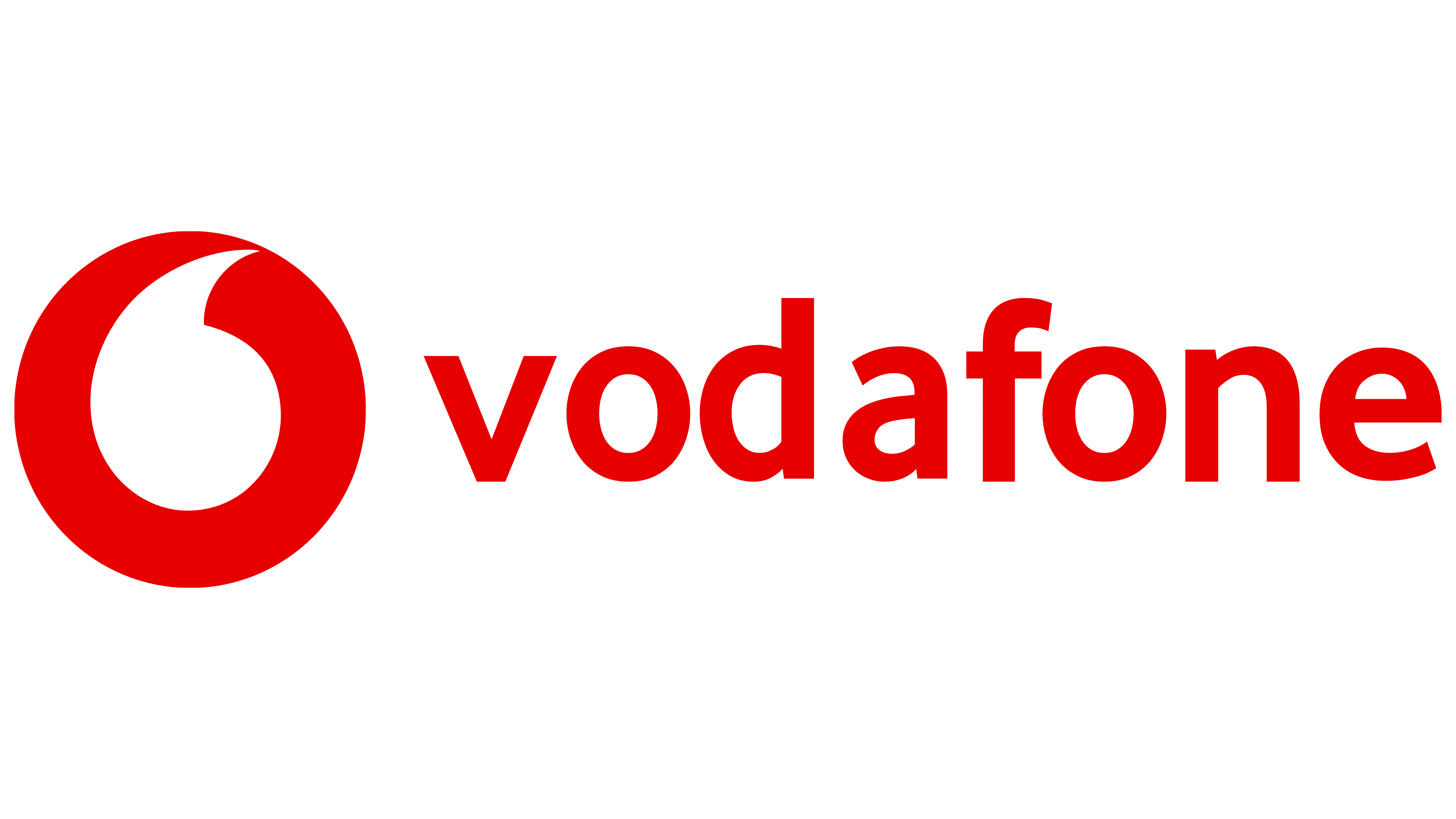140m+ IoT devices enabled for real time connectivity
Vodafone powers IoT, new 5G innovations and cloud-native apps with MongoDB Atlas.


“We want to make sure that our developers focus on innovation and the business requirements rather than things like connectivity or IT.”
Felipe Canedo
Head of Engineering Transformation, Vodafone
Head of Engineering Transformation, Vodafone

“MongoDB Atlas [is] providing our developers with speed and agility as well as enabling them to reuse assets in different countries seamlessly.”
Felipe Canedo
Head of Engineering Transformation, Vodafone
Head of Engineering Transformation, Vodafone

"Developers can say: ‘I’m going to build a new mobile app’, click a button and off you go.”
Lloyd Woodroffe
Global Product Manager, Vodafone
Global Product Manager, Vodafone
Run MongoDB without the operational burden
Atlas is the simplest way to deploy MongoDB. Get global resilience, push-button scalability, and advanced security.

Take the next step
Get access to all the tools and resources you need to start building something great when you register today.
.svg)